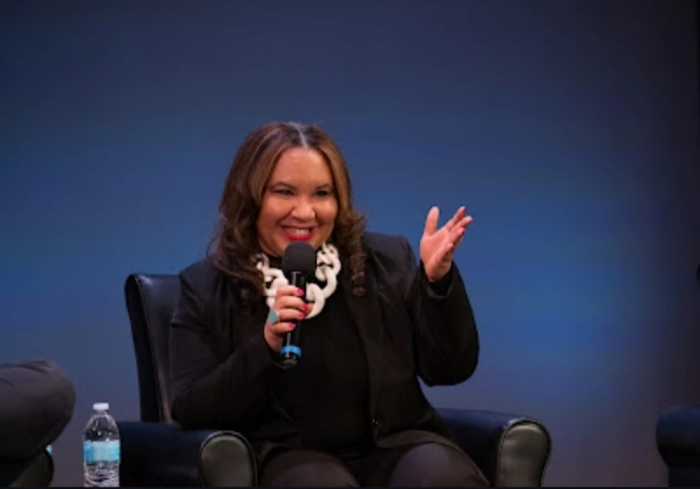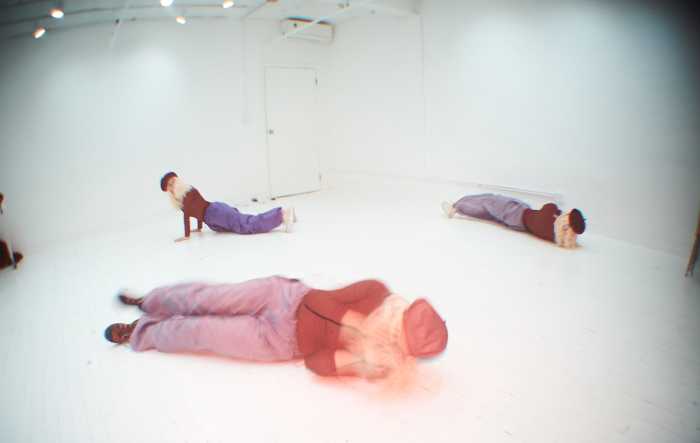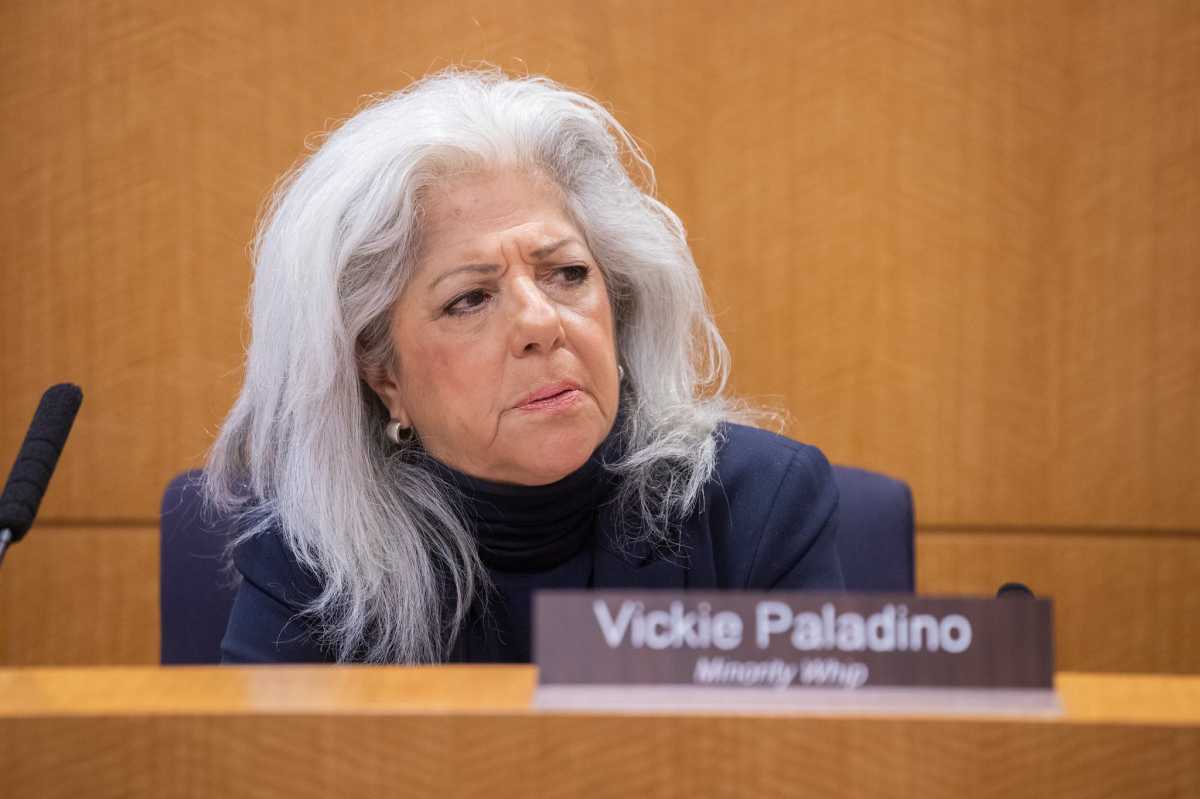BY RONALD FATOULLAH, Esq. and DEBBY ROSENFELD, Esq.
As most people know by now, the federal estate tax expired at the end of 2009 and has not yet been reinstated. The same is true of the generation skipping transfer tax. It is somewhat uncertain what Congress will ultimately do but it is important to know what the current rules are. Because the law regarding estate taxes was not officially changed, the tax was essentially repealed for the year of 2010 only, and if no legislation is enacted, it will be reinstated in 2011 with an exemption of $1 million (as opposed to the $3.5 million exemption in 2009) and a top rate of 60 percent. Many experts think that the estate tax will be reinstated in 2011 with the $3.5 million exemption, but this is merely conjecture.
As the estate tax law is in a state of flux, there is a considerable amount of confusion regarding various rules that deal with the valuation of estates as well as income taxes imposed on the sale of assets owned by an estate.
As the law currently stands, if an individual dies in 2010, his/her estate will be required to pay any federal estate taxes. However, the downside is that the law regarding step-up in basis has also changed.
Under preexisting law, the assets of an estate got a step-up in basis upon the death of the decedent. The practical application of this rule meant the basis, i.e., cost of an asset owned by an estate for capital gains tax purposes, is its fair market value at date of death. Accordingly, the sale of any assets of a decedent – even if appreciated considerably in value, would not result in the imposition of any capital gains tax. For example, assume an individual owned a house that he purchased for $50,000, and he put $100,000 in capital improvements into the home. The $50,000 purchase price plus capital improvements of $100,000, i.e., $150,000 would be the basis in his house. If the house was sold during his lifetime for $550,000, there would be capital gains taxes on the amount of $550,000 less $150,000, or $400,000.
In addition, tax law provides that an individual could also exclude $250,000 of capital gains if he resided in the house for 2 of the last 5 years (a married couple could exclude $500,000).
However, if the individual held onto the house until he died, the estate would get a step-up in basis and the new basis for purposes of recognizing gain would be the date of death value of the asset.
Under the new rules, some heirs will owe a capital gains tax when they sell the inherited assets of people who die in 2010. Executors of estates will be able to increase the basis of the decedent’s assets by up to $1.3 million with an extra $3 million for assets left to a surviving spouse. Therefore, if the estate’s assets exceed the value of $1.3 million, and the asset is not passing to a spouse, there will be capital gains tax due upon the sale of the asset.
Further, there is concern that the law in 2010 does not provide for a basis step-up for properties held in the form of a life estate, and possibly for properties held in certain types of trusts.
Accordingly, individuals are encouraged to meet with an estate planning or elder law professional as soon as possible in order to review their estate plans and evaluate if any of their documents need to be revised in light of these changes.
Ronald A. Fatoullah, Esq. is the principal of Ronald Fatoullah & Associates, a law firm that concentrates in elder law, estate planning, Medicaid planning, guardianships, estate administration, trusts and wills. The firm has offices in Forest Hills, Great Neck, Manhattan, Brooklyn and Cedarhurst, NY. Fatoullah is certified as an elder law attorney by the National Elder Law Foundation. He has been named a “fellow” of the National Academy of Elder Law Attorneys and is a former member of its Board of Directors. Fatoullah also served on the Executive Committee of the Elder Law Section of the New York State Bar Association. He chairs the Legal Committee of the Alzheimer’s Association, LI Chapter, and serves on its Board of Directors. Fatoullah is also a co-founder of the Senior Umbrella Network of Queens, and currently serves on its Board of Directors. This article was written with the assistance of Debby Rosenfeld, Esq., a senior staff attorney at the firm. The firm can be reached by calling (718) 261-1700, (516) 466-4422 or toll free at 1-877-ELDER-LAW or 1-877-ESTATES.



































